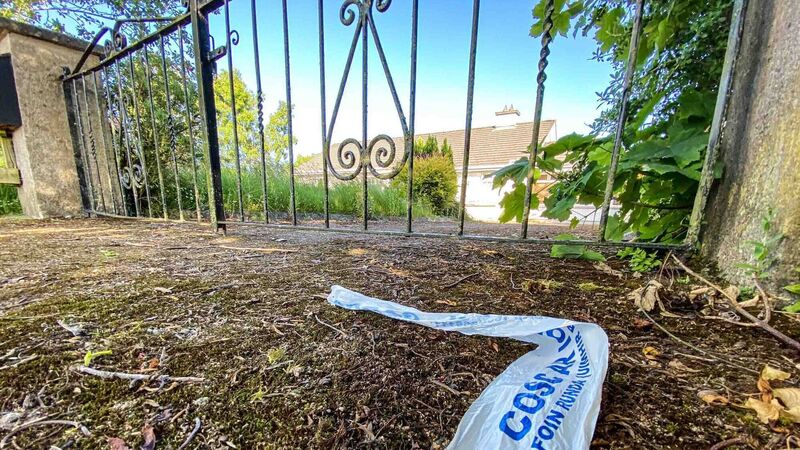How can someone die alone and lie undiscovered for years?

In one such instance in recent years, the remains of Nick and Hilary Smith were found last year in their house in Cloneen, Co Tipperary — up to 18 months after they had died. Picture: Neil Mchael











